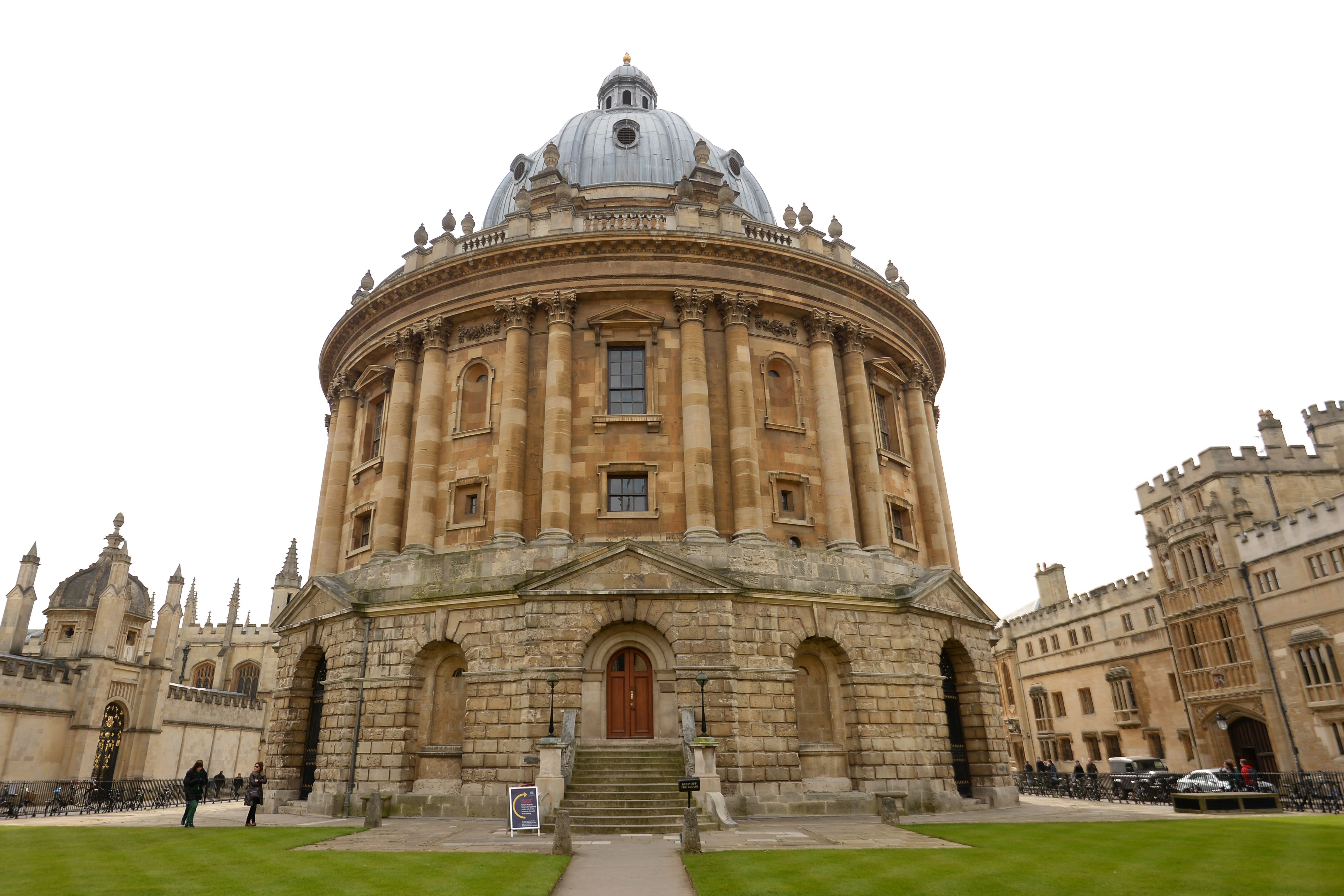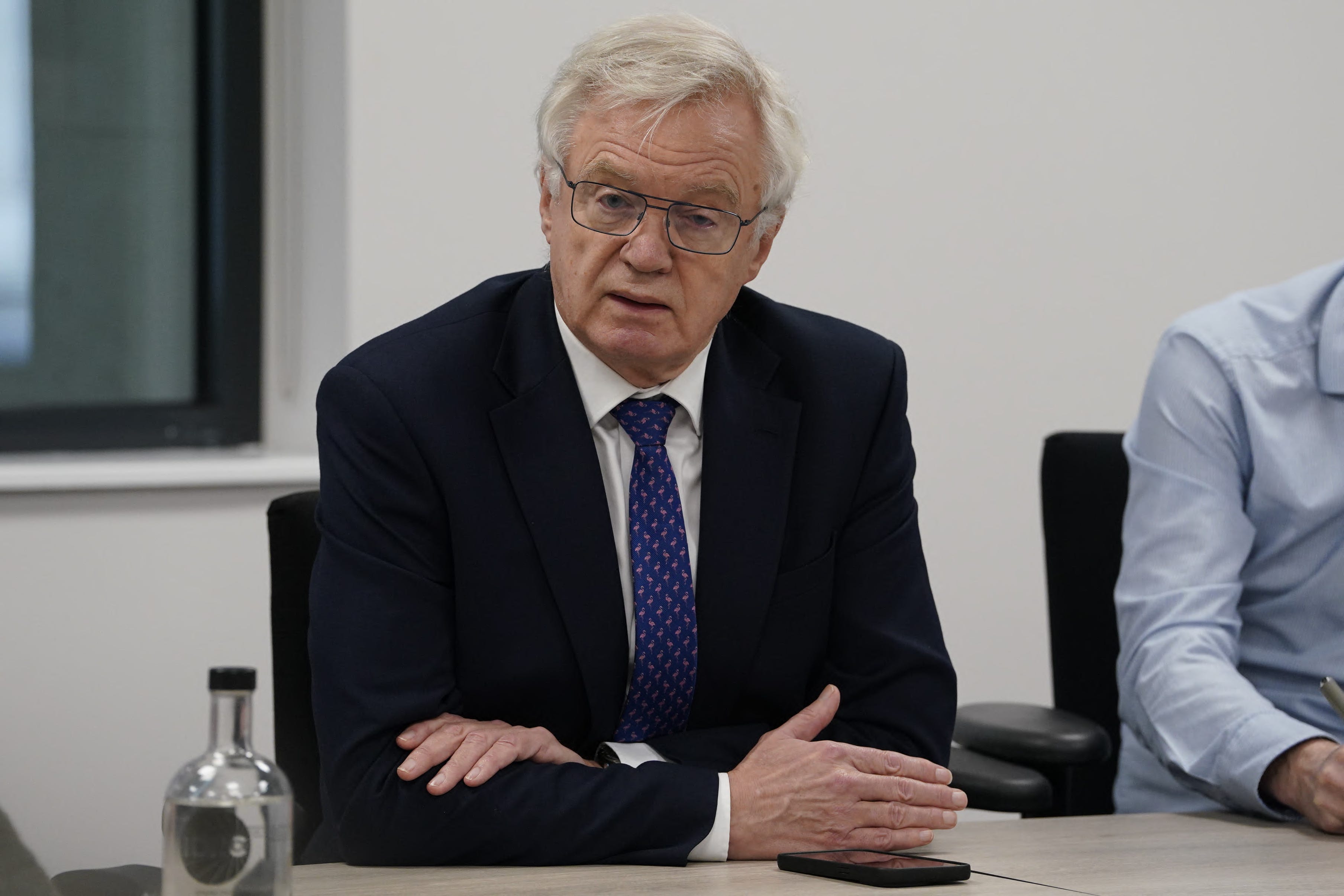Top British universities have received tens of millions of pounds from Chinese organisations, The Independent can reveal, as experts warn the UK is increasingly becoming a target for Beijing as it looks to increase its global influence and stifle criticism.
A series of freedom of information requests to Russell Group Universities – an association of the top 24 research universities in the UK – found they received nearly £50 million from Chinese sources in the past four years. None of the universities in this report are accused of improperly accepting funds or any other wrongdoing.
Oxford and Cambridge received the most donations, gifts, grants and research funding from Chinese sources. Oxford University brought in £24m from 2020 to 2024, while Cambridge received between £12m and £19m in the same period. This included money from Huawei Technologies and its subsidiaries to Cambridge after it was banned from involvement in Britain’s telecommunications infrastructure in July 2020.
Sir Iain Duncan Smith, the former Conservative leader and co-chairman of the Inter-Parliamentary Alliance on China, warned that British universities have become “completely dependent on Chinese money”, leading to academics and institutions “kowtowing towards China and its views”. Sir Iain added the influx of money originating from China is stifling free speech and debate on China’s human rights abuses.
“This is not an accident, rather, it is intentional,” the MP for Chingford and Woodford Green told The Independent. “China seeks sensitive information from the UK because of our intelligence links with the United States, and Beijing sees the university system as a vulnerable strand of British intelligence.”
The University of Oxford received £1.8mm from Sichuan University from 2020-21 for “biomedical collaboration”. Sichuan University is designated as “very high risk” by the Australian Strategic Policy Institute for its relationship to China’s “nuclear weapons program, suspected links to cyber espionage, and a moderate number of defence laboratories”. The US Government Entity List lists the university as an alias of the Chinese Academy of Engineering Physics – China’s primary nuclear warheads research facility.
Oxford University also received £3,287,935 from Chinese sources in the financial year 2023-24, but would not disclose the specific origin of this income in response to The Independent’s freedom of information request.

An Oxford University spokesperson said: “Funders have no influence over how Oxford academics carry out their research, or on our teaching and robust policies on academic freedom.
“All donors are subject to our policies on the acceptance of gifts, and all significant donors and funders must be approved by the University’s Committee to Review Donations and Research Funding, which is a robust, independent system taking legal, ethical and reputational issues into consideration.”
The spokesperson added the university works closely with government bodies to safeguard its academic work and emphasises international partnerships to tackle global challenges like climate change and health issues.
The University of Cambridge chose to provide ranges for many of its funding amounts, so the true value is unknown. However, it includes hundreds of thousands from entities linked to either the People’s Liberation Army (PLA) or groups sanctioned by the United States.
This includes £204,000 in research grants from the Institute of Geology and Geophysics at the Chinese Academy of Sciences in February 2024. The Chinese Academy of Sciences is the world’s largest research organisation. Its main university, the University of Chinese Academy of Sciences, is home to the Missile Institute of the Military-civilian Integration Development Centre, according to Chinese media.
It also includes £174,997 from Tianjin University, which is designated as “high-risk” by the Australian Strategic Policy Institute for its involvement in defence research and connections to espionage. The institution conducts classified military research on advanced technologies like propellants and optoelectronics in two defence laboratories. It also undertakes research for China’s civilian intelligence agency, the Ministry of State Security (MSS).

A spokesperson for Cambridge University said: “Less than 1% of our annual research grant is derived from China. All grants and donations from China are subject to robust scrutiny, backed by a specially formulated set of principles for managing risks in international engagements.”
“The funding from the Institute of Geology and Geophysics was for research into understanding earthquakes, the data from which has potential societal value and we intend to make open source,” the spokesperson added.
The University of Edinburgh accepted between £5.3-6.2m in donations, gifts, grants and research funding from Chinese sources from 2020-2024. This includes between £250,001-£500,000 from Huawei Technologies in November 2023 – three years after the company was banned from involvement in Britain’s telecommunications infrastructure.
A University of Edinburgh spokesperson said: “All University partnerships are subject to a rigorous due diligence process, including donations and research funding. We are keenly aware of issues of national security and comply with current UK Government guidelines. We are also committed to supporting our staff and have invested in resources to give guidance to researchers working with international collaborators.”

The University of Sheffield received £2.4mfrom Chinese sources in the same time period, including £360,000 from CRRC Zhuzhou Institute. This company is a subsidiary of the China Railway Rolling Stock Corporation, which is designated as a “Communist Chinese military company” by the United States Department of Defence.
The true figure of funding from Chinese sources across British universities is likely to be higher as freedom of information requests were rejected by some insitutions.
Sam Dunning, director of the think tank UK-China Transparency, told The Independent: “The Chinese regime is laser-focused on using academic partnerships to further its military modernisation. Research that seems to be innocuous can have unforeseen military uses.
“Chinese institutions and scientists are under a lot of pressure to aid military modernisation, and don’t have as much freedom to say ‘no’. This may lead them to obscure the identities and intents behind partnerships. British universities need to be awake to the reality of Xi Jinping’s China today.”
Mr Dunning added UK universities must be more transparent about their donations, particularly from “authoritarian states”.
Ben Moore, Head of International Policy at the Russell Group told The Independent: “International partnerships are vital to the work of our universities. There are significant positive benefits in collaborating with countries such as China where we can tap into research funding, talent and knowledge – helping us to address some of the biggest global challenges. Indeed, Russell Group R&D partnerships with China are already delivering benefits for the UK, including in critical areas such as healthcare.
“At the same time, universities are alive to the risks involved and continue to take their national security responsibilities very seriously. They work closely with government and the security services to address emerging issues and de-risk collaborations, and they carry out extensive due diligence processes to comply fully with UK regulation and protect national interests. This due diligence also applies to philanthropic gifts. While universities prefer to publicly recognise a donor’s contribution, they will carefully consider the need for privacy in situations where publicly identifying a donor may risk their safety or security.”
A spokesperson for The University of Sheffield referred The Independent to the statement from the Russell Group. The spokesperson added the university’s collaboration with CRRC Zhuzhou Institute is fully in line with government legislation, including export control regulations.














